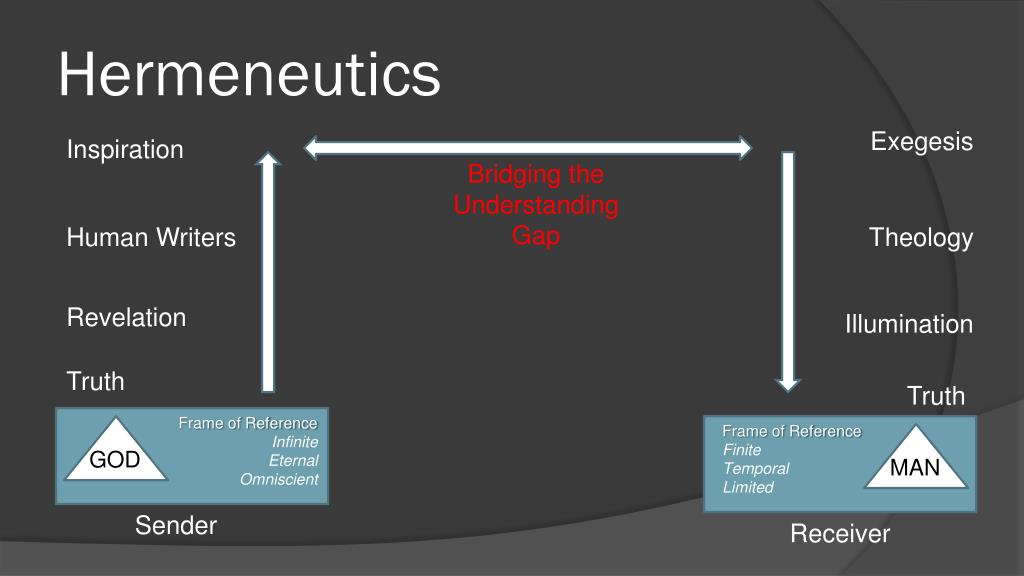[Revised entry by Theodore George on April 30, 2025.
Changes to: Main text, Bibliography]
Hermeneutics is the study of interpretation. Hermeneutics plays a role in a number of disciplines whose subject matter demands interpretative approaches, characteristically, because the disciplinary subject matter concerns the meaning of human intentions, beliefs, and actions, or the meaning of human experience as it is preserved in the arts and literature, historical testimony, and other artifacts. Traditionally, disciplines that rely on hermeneutics include theology, especially Biblical studies, jurisprudence, and medicine, as well as some of the…
Post Views: 59
Read the full article which is published on Stanford Encyclopedia of Philosophy (external link)





